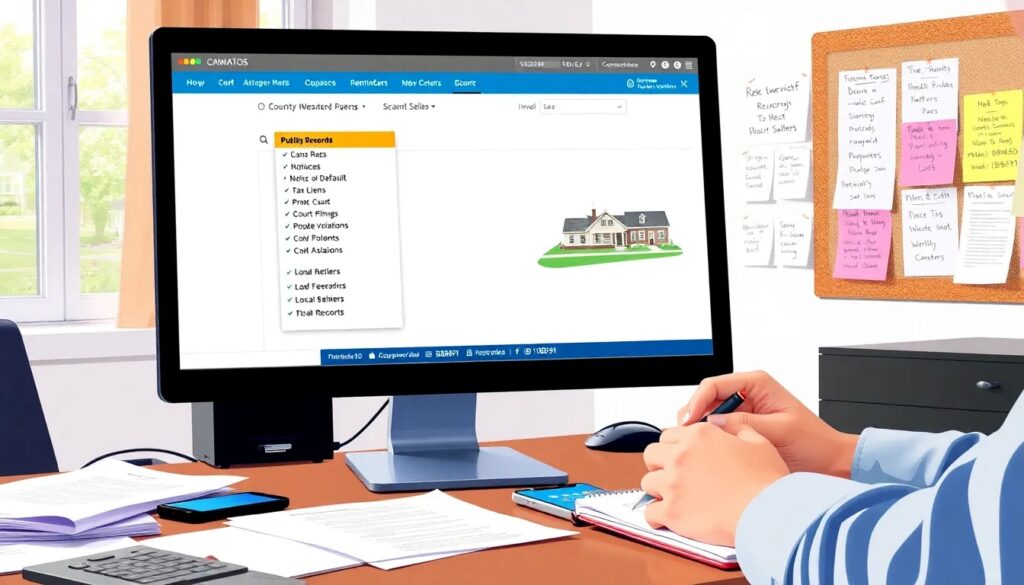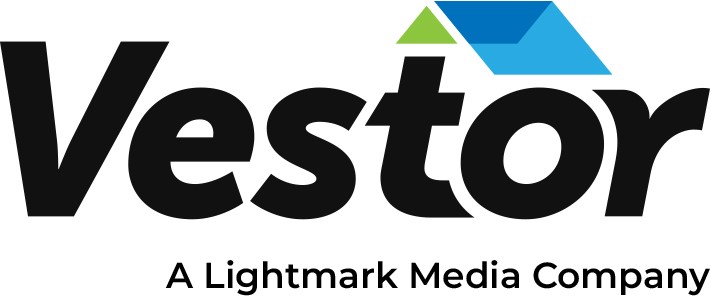Every successful real estate investor knows the secret: the right property from a motivated seller is where the real deals happen. But here’s the challenge: motivated sellers aren’t advertising themselves. They’re often navigating life changes, financial stress, or time pressures, creating urgency that can be leveraged for a quick, mutually beneficial transaction.
Whether you’re a seasoned investor expanding your portfolio or just starting out, mastering how to find motivated home sellers gives you access to deals that others can’t see coming. Here’s how the most successful investors build a pipeline of motivated sellers using digital-first strategies.
Key Takeaways
- Motivated sellers are homeowners facing financial pressure, life changes, or property challenges that create urgency to sell.
- Digital marketing (websites, social media, PPC, and email) can put you in front of these sellers faster than traditional methods.
- Combining multiple strategies, including public records, online platforms, and targeted outreach, creates a consistent pipeline of leads.
- A structured CRM and follow-up system ensures no lead goes cold, turning prospects into signed deals.
- Vestor’s marketing tools and pre-built CRM sequences help investors attract, manage, and convert motivated sellers efficiently.
Table Of Contents:
- What Makes a Home Seller Motivated?
- 1. Leverage Public Records Digitally
- 2. Build Relationships with Real Estate Professionals
- 3. Implement Targeted Digital Marketing Campaigns
- 4. Identify Off-Market Properties
- 5. Leverage Online Platforms
- 6. Tap into Your Personal Network
- 7. Explore Auctions and Foreclosure Sales
- 8. Use Skip Tracing to Find Absentee Owners
- Consistency is Your Competitive Advantage
What Makes a Home Seller Motivated?
Motivated sellers are typically homeowners facing financial strain, major life transitions, or property challenges. Common scenarios include:
- Foreclosure or pre-foreclosure
- Divorce or family transitions
- Job loss or relocation
- Inherited properties needing liquidation
Understanding a seller’s motivation allows you to approach with a solution-oriented strategy, which builds trust and increases your chances of closing the deal.
So how do you find these motivated home sellers?
1. Leverage Public Records Digitally
Public records are a great source for motivated seller leads. Focus on online resources like county websites for:
- Notices of default or tax liens
- Probate court filings
- Code violations or distressed property notices
Look for:
- Out-of-state owners managing local properties
- Recent ownership changes or financial red flags
- Properties with unpaid taxes or multiple liens
By analyzing this data, you can create a targeted outreach plan, sending direct digital communications or personalized mailers to the most promising leads.

2. Build Relationships with Real Estate Professionals
Other professionals in your local real estate market are a key source of leads. Real estate agents, probate attorneys, property managers, and even contractors often know homeowners ready to sell before they hit the market.
How to leverage your network digitally:
- Connect via LinkedIn or local professional groups
- Offer value first (referrals, insights, or co-marketing opportunities)
- Track leads in your CRM for consistent follow-up
Strong professional relationships ensure you see motivated seller opportunities before competitors do.
3. Implement Targeted Digital Marketing Campaigns
Direct outreach combined with online marketing is one of the most effective ways to attract motivated sellers. Digital strategies include:
- Targeted Facebook and Instagram ads for homeowners in financial distress or specific zip codes
- Google Ads for search terms like “sell my house fast” or “cash home buyers”
- Email marketing sequences to follow up automatically and nurture leads
Pro tip: Pair digital ads with a custom landing page on your website offering a free consultation or cash offer. Tracking responses lets you refine campaigns and maximize ROI.
Here is a comparison of popular marketing methods for generating real estate leads:
| Marketing Method | Pros | Cons | Best For |
|---|---|---|---|
| Direct Mail Campaign | Highly targeted; Less digital competition; Tangible and personal. | Can be expensive; Lower response rate than digital; Can be seen as junk mail. | Reaching older demographics or specific lists like probate or tax delinquents. |
| Social Media Targeting | Cost-effective; Wide reach; Advanced targeting options. | High competition; Ad fatigue is common; Requires digital marketing knowledge. | Reaching younger demographics and building a broader brand presence in a specific area. |
| Content Marketing | Builds trust and authority; Generates organic leads; Long-term asset. | Time-consuming; Results are not immediate; Requires consistent effort. | Establishing yourself as a local real estate expert and attracting sellers through education. |
4. Identify Off-Market Properties
Not all motivated sellers list their properties publicly. Off-market properties often avoid MLS fees or lengthy showings, making them ideal for savvy investors.
How to find them digitally:
- Use Google Street View or mapping software to spot distressed properties remotely
- Track absentee owners through online property records
- Send targeted outreach via mail or email
Combining this with skip tracing or online research ensures you reach sellers before they list publicly.
5. Leverage Online Platforms
Websites and marketplaces are full of hidden opportunities:
- Zillow, Redfin, Craigslist, and Facebook Marketplace for “must sell” or “as-is” properties
- FSBO listings, where owners are motivated to sell without an agent
- Local Facebook groups or online forums discussing moving, estate sales, or financial distress
Setting up alerts, saved searches, and monitoring expired listings keeps you ahead of other investors.
6. Tap into Your Personal Network
Your personal and professional contacts can be an untapped source of leads:
- Friends, family, colleagues, and neighbors may know someone looking to sell
- Offer a finder’s fee or incentive for referrals
- Engage local service providers (plumbers, landscapers, electricians) who encounter struggling homeowners
Your CRM can track referrals and ensure follow-ups, turning casual leads into active opportunities.

7. Explore Auctions and Foreclosure Sales
Bank auctions and foreclosure events bring motivated sellers and distressed properties into one place. You can also access estate sales for inherited properties.
Digital-first strategies:
- Monitor online auction platforms
- Research properties before attending
- Connect with owners or heirs online ahead of the auction
Even if you don’t bid, these platforms offer insights into local market trends and networking opportunities with other investors.
8. Use Skip Tracing to Find Absentee Owners
Skip tracing helps locate absentee or hard-to-reach property owners, turning otherwise invisible leads into actionable opportunities.
Best practices:
- Use multiple databases to verify owner contact info
- Reach out with empathy, explaining why you’re interested in their property
- Combine skip tracing with your CRM to track outreach and follow-ups
This approach gives you access to motivated sellers who may never respond to traditional marketing methods.
Consistency is Your Competitive Advantage
Finding motivated sellers is about strategy and consistency. Top investors combine public records, professional networks, digital marketing, and proactive outreach to maintain a continuous pipeline of leads.
The mindset matters, too: approach every lead with empathy and a solution-oriented strategy. Persistence across multiple channels ensures no opportunity slips through the cracks, and your deal flow stays strong.
Ready to Turn Leads into Deals?
Vestor™ systems have generated over $150M for real estate investors since 2015. Our tools put motivated seller leads, automated follow-ups, and conversion-focused websites right at your fingertips, so you can focus on closing deals, not chasing leads.
